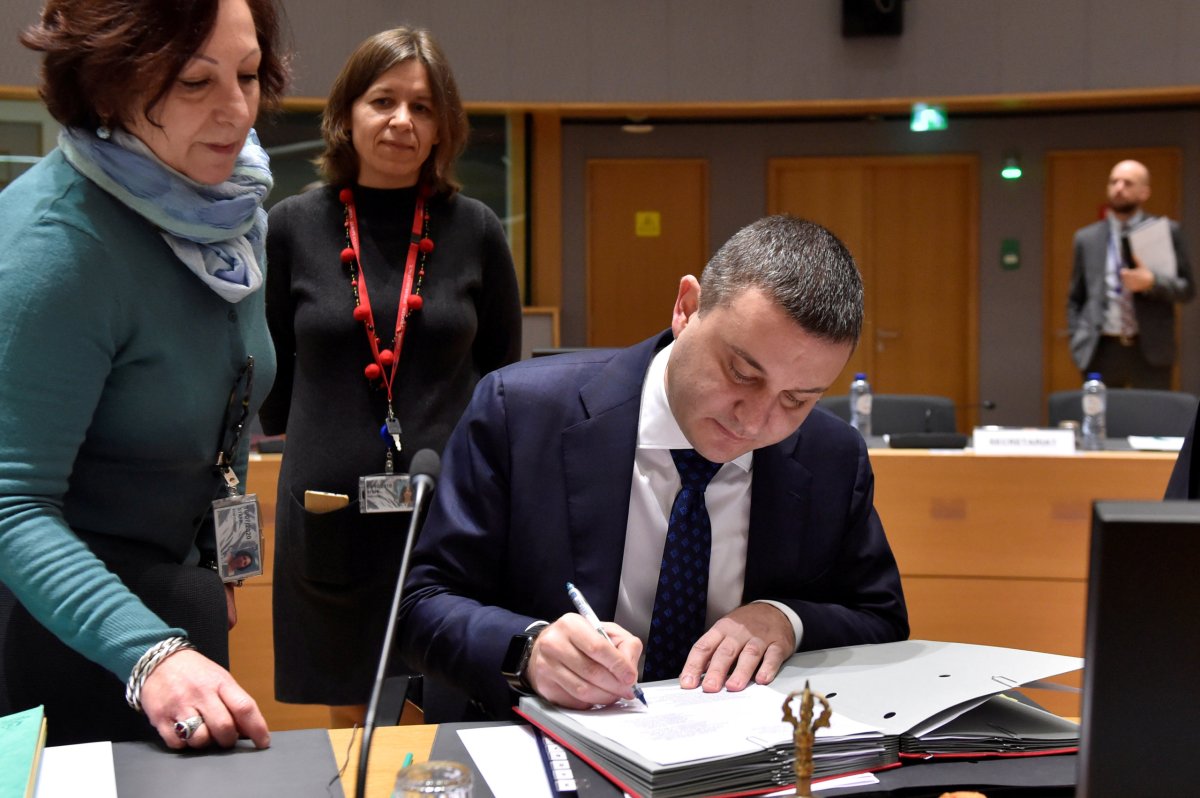SOFIA (Reuters) – Bulgaria will have to raise 4.2 billion levs ($2.36 billion) in additional debt this year to finance an expected fiscal gap as it offers help to businesses and workers hit by the coronavirus pandemic, its finance minister said on Tuesday.
Vladislav Goranov also slashed the 2020 economic outlook to a 3% contraction versus previous estimates of 3.3% growth.
The center-right government revamped its fiscal plans late on Monday to run a fiscal deficit of 2.9% of economic output this year and raised the ceiling on new debt it can raise to 10 billion levs due to the pandemic.
“All these measures have one and only goal: to guarantee that the state has enough liquidity and enough possibility to maintain its main functions,” Finance Minister Vladislav Goranov told reporters.
The plans are pending parliamentary approval.
Sofia has closed schools, restaurants and bars, restricted inter-city travel and access to parks and banned all domestic and foreign holidays trips until April 13 to contain the spread of the disease that has infected 379 people so far.
Before the pandemic, the poorest but also least indebted European Union member state, planned to run a balanced budget and raise up to 2.2 billion levs in new debt this year.
The finance ministry has worked on three possible scenarios on the impact of the pandemic, but has revamped the state budget according to the most adverse one to ensure enough fiscal buffers, Goranov said.
Bulgaria pegs its lev currency to the euro in a regime which significantly curtails the central bank’s monetary operations, leaving fiscal policy as the main tool to influence the economy.
The new fiscal deficit is estimated at 3.5 billion levs.
The government needs another 700 million levs to boost the capital of state-run Bulgarian Development Bank to provide loan guarantees to struggling businesses and people on unpaid leave.
Part of the fiscal deficit is due to the 1 billion levs the country plans to spend to contribute to workers’ wages at companies forced to halt or limit production or seeing serious drops in sale revenues, helping them avoid layoffs.
“There is a need to secure additional financing through debt financing in the amount of 4.2 billion levs on top of initial borrowing plans,” Goranov said.
He said the country is looking at all options it has to raise the new debt, including tapping both the local and the global markets, depending on the conditions.
(Reporting by Tsvetelia Tsolova; Editing by Himani Sarkar and Andrew Cawthorne)
























